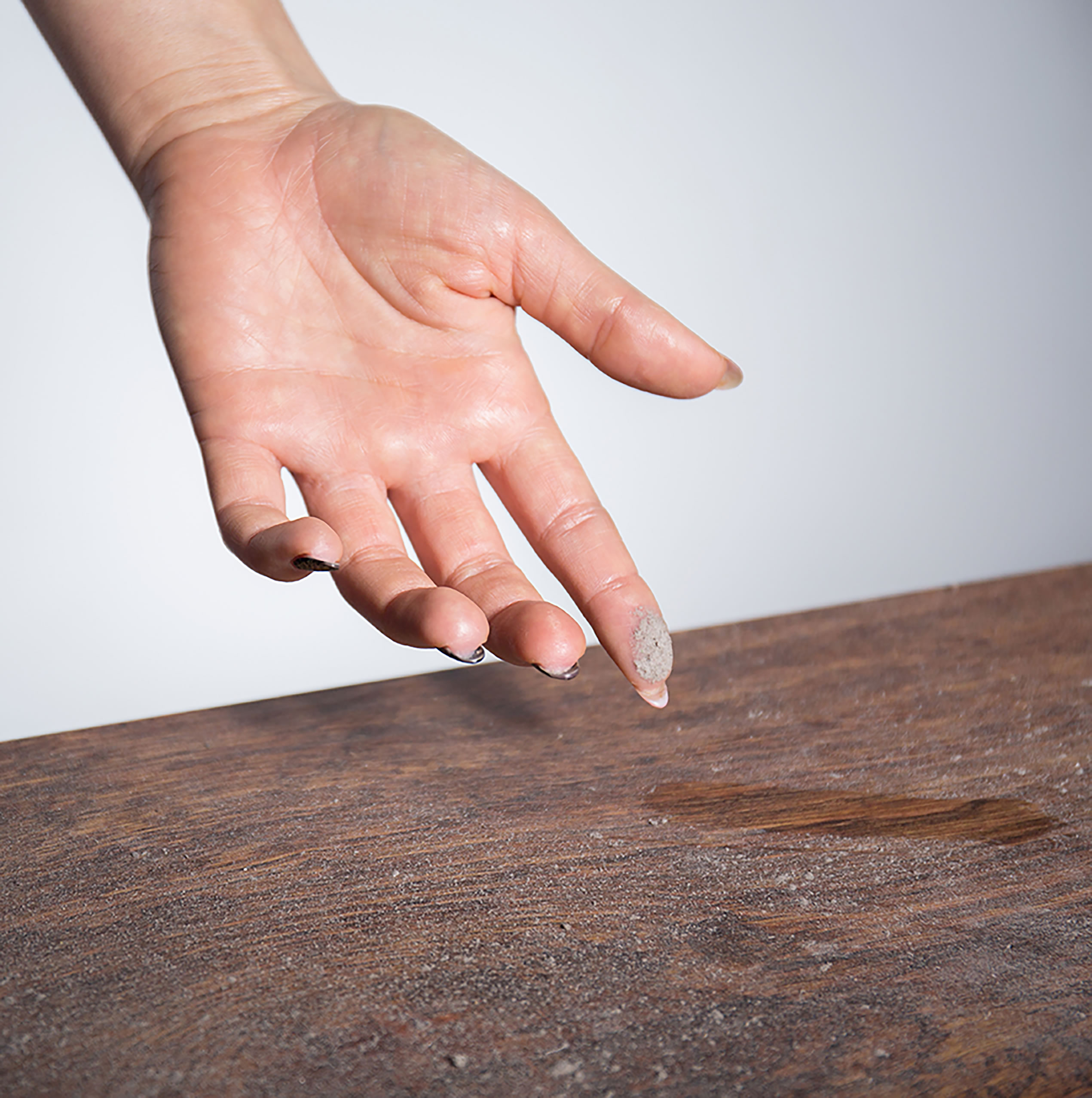
Dietary & Lifestyle Suggestions for Hay Fever, Dust & Pet Allergy Sufferers
It probably depends upon your point of view, but I guess some of you will be surprised to read that what you eat and drink, how well you sleep, whether you take enough regular exercise and so on can affect how much – or how little – you will suffer from hay fever. But apparently it’s true; according to the NHS website, a 2010 study of over 2,000 people with hay fever, conducted by the National Pollen and Aerobiology Research Unit (NPARU), found that lifestyle factors, such as stress and exercise, can have a major impact on hay fever.
The eight pillars of dietary wisdom from HayMax Central:
Do eat berries, cherries, lots of fruit and veg – almost any fruit and veg but see “Avoid” below – preferably raw but if not, as undercooked as you can take ‘em. The less you cook them the more goodness they retain. Also garlic, which not only reduces catarrh but also keeps the midges away (although you have to eat an awful lot to achieve that).
Avoid dairy, meat, tomatoes, wheat, wheat products & yellow melon -if you’re like me, pineapple and melon sometimes make bits of my lip swell up. Although curious, it’s not altogether attractive. It’s temporary and it doesn’t always happen, so sometimes I decide the pleasure of the taste is worth the risk. Your call.
Note:
Some hay fever sufferers experience a tingling in and around the mouth when eating certain foods. This is commonly know as ‘Pollen Food Syndrome’ or ‘Oral Allergy Syndrome’. Find out more here.
Snack sensibly (oxymoron?) Sorry about this, but if you’re serious about this whole what-you-put-in-your-mouth thing, no chocolate. I know! After all they said about it – good for your heart, good for your gut, good for your just about everything (put “chocolate good for you” into your favourite search engine and just see what comes up) – chocolate, apparently, contains histamine. So that’s it for chocolate. Although, surely just a tiny little bit every so often can’t do that much harm…
Sleep long and well. Not so surprising, this one. After all, quite a lot of life’s problems seem somewhat less problematic after a good night’s sleep. And it’s just one of the things that can really can help manage your hay fever symptoms. An NPARU study showed that people who slept at least 7 hours a night suffered significantly milder symptoms than those who slept no more than 5 hours each night.
Drinking responsibly 1. Reduce the amount of alcohol you drink. Beer, wine and spirits all contain histamine, and as you must know if you’ve read this far into our site, that’s the chemical that sets off allergy symptoms in your body. In addition to making you more sensitive to pollen, alcohol also dehydrates you, making your symptoms seem worse.
Drinking responsibly 2. Avoid mucus-producing dairy drinks. Excess mucus is exactly what you don’t need if you suffer from hay fever (or are about to give an important presentation, by the by). Drink water, fruit tea (Asda’s blackcurrant is the best ever, but don’t tell anybody or they’ll run out even faster than they do now), herb tea, any non-caffeinated tea.
Stress the big stuff. You need a bit of stress to get you out of bed in the morning (or afternoon, if you’re a teenager/shift worker/actor/musician/someone who gets up in the afternoon) but too much and your symptoms will get worse and there’ll you be sneezing and weeping and scratching and sniffing and it’ll all be off to hell in a handcart. So concern yourself with the big stuff and leave the little stuff to its own devices.
Exercise. No surprise at all, this one. You know it makes sense. You should try to do two and a half hours of moderate-intensity aerobic exercise every week. Moderate-intensity means fast walking, cycling, water aerobics, pushing a lawnmower; that sort of thing. Obviously you should avoid exercising – or even being – outdoors when the pollen count is highest, generally first thing in the morning and early evening. If the pollen count is really high – check out our pollen count forecast here – take your exercise indoors, for example at your local gym or swimming pool. Or on your exercise bike. The lawn can wait.
See our ‘Drug Free & Natural Help‘ page for information on herbs and aromatherapy.

Practical Tips

Dust Allergy

What is HayMax?









